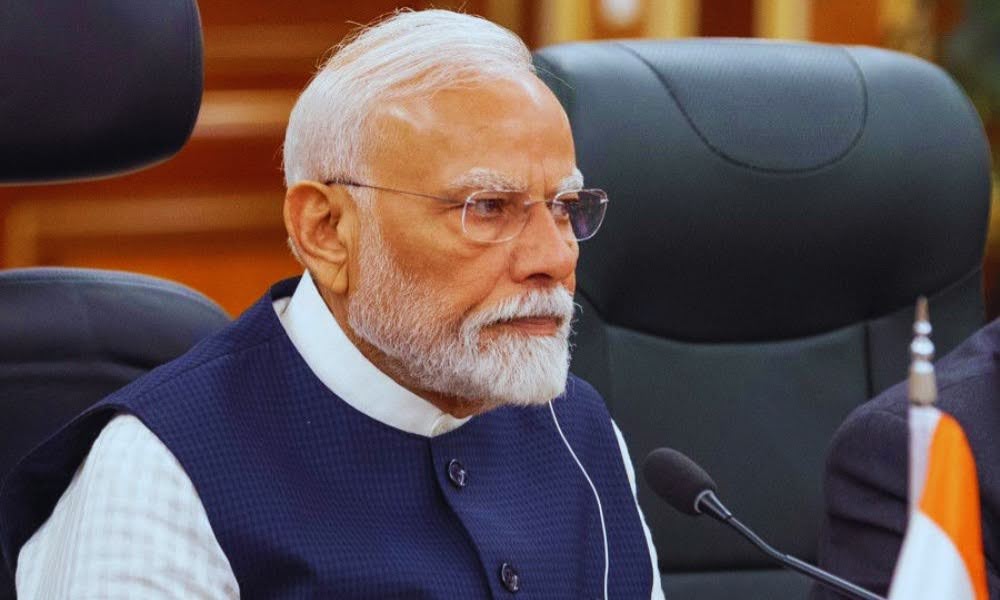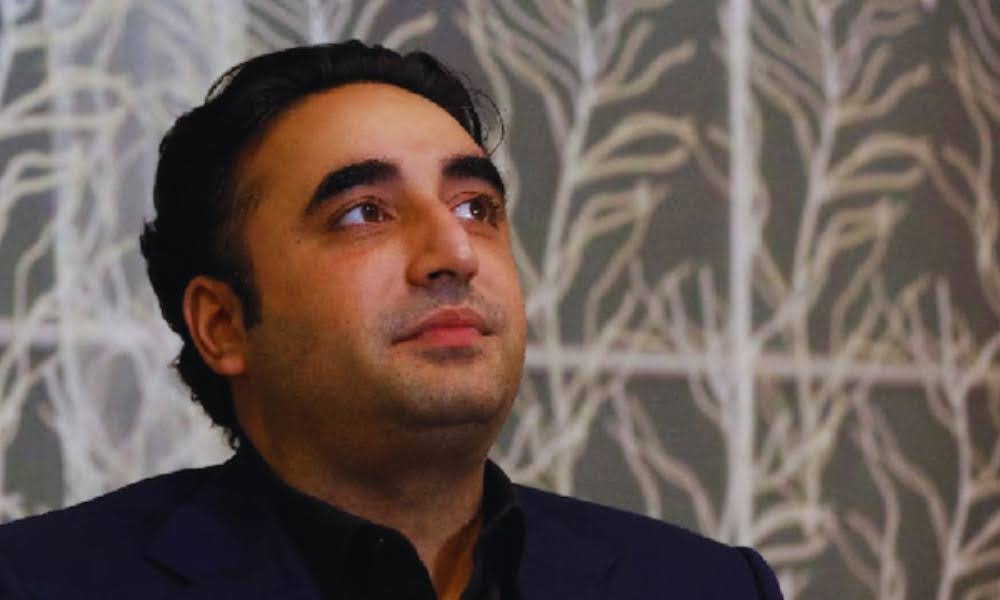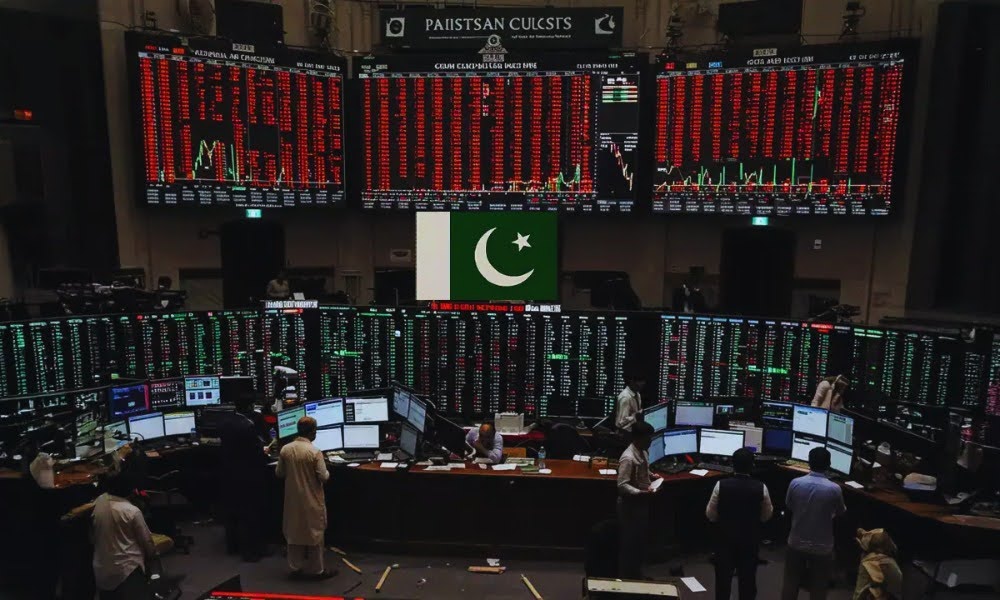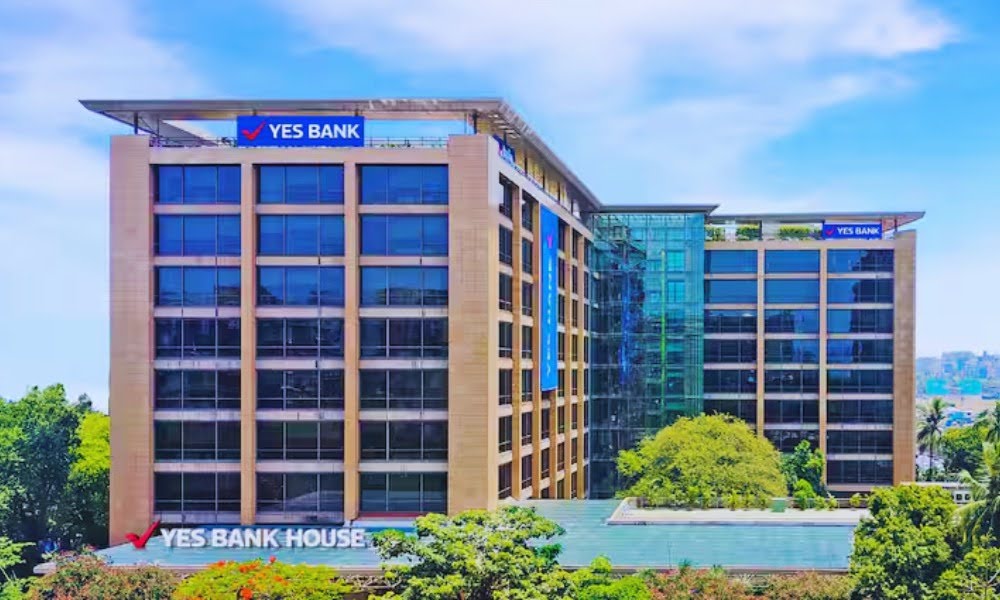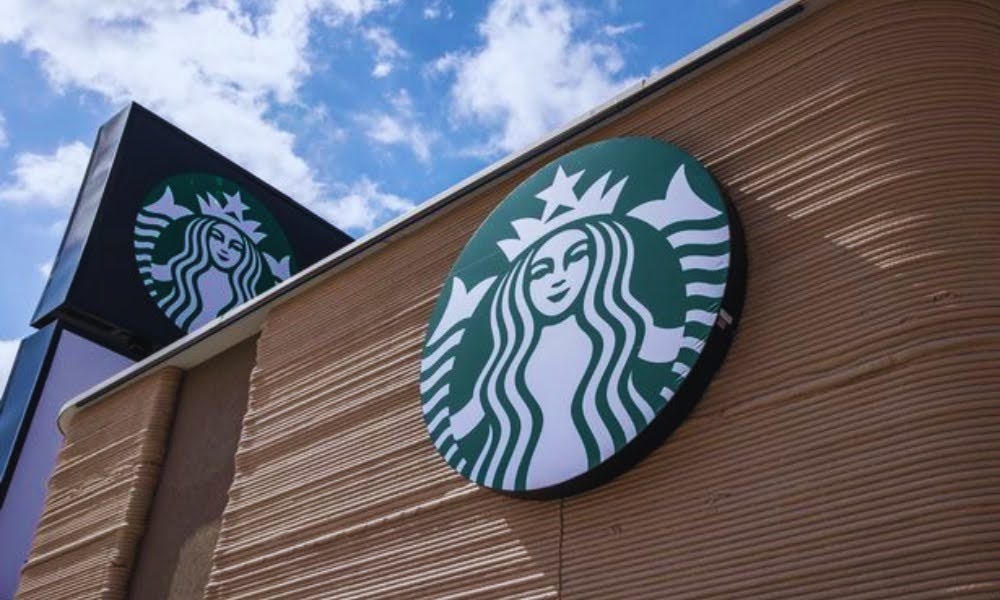Mukesh Ambani’s Campa Cola Takes a Fizzy Swing at Coca-Cola and Pepsi in India
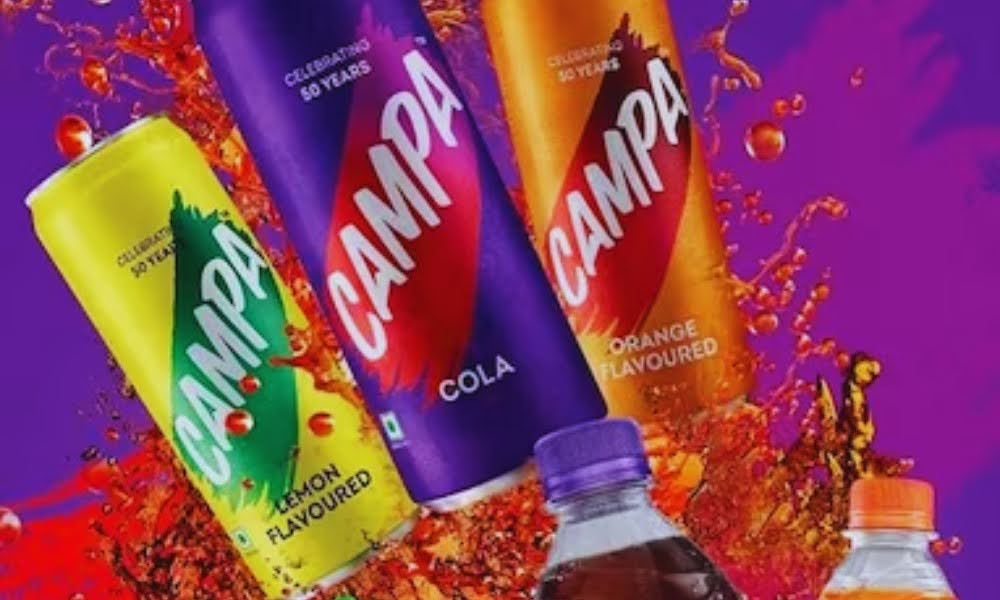
Asia’s richest man, Mukesh Ambani, is taking on the decades-long dominance of Coca-Cola Co. and PepsiCo Inc. in India by applying his proven strategy of price disruption.
Through its FMCG arm, Reliance Consumer Products Ltd (RCPL), Reliance Industries Limited (RIL) has reintroduced the iconic Indian soft drink Campa Cola to the market.
Acquired in 2022 for Rs 220 million ($2.6 million), Campa Cola has been relaunched at significantly lower prices than its competitors.
A 200-milliliter bottle is being sold for just Rs 10—almost half the price of similar offerings from Coca-Cola and Pepsi, according to Bloomberg.
Lower Prices Drive Consumer Attention
Coca-Cola and Pepsi currently sell their 600 ml bottles at Rs 40. In comparison, Campa Cola has caught the attention of value-driven consumers with its 200 ml bottle priced at Rs 10 and 500 ml bottle at Rs 20, as seen in listings on online retail platforms.
The pricing strategy has helped Campa Cola gain substantial traction among consumers. Since its relaunch, the brand has secured double-digit market share in several key regions of India for the year ending March 31, 2025.
Though Reliance has not revealed exact market share figures or revenue, the rapid growth clearly reflects the success of its low-cost approach.
Projected Revenue Surge for Campa Cola
Reliance had projected in January that Campa Cola would witness a 150% surge in revenue, reaching Rs 10 billion by the end of the 2024-25 financial year.
In comparison, Coca-Cola’s India unit recorded revenue of Rs 47 billion for the year ending March 2024, as per data from India’s Registrar of Companies.
Once a household name in India during the 1980s, Campa Cola is now available in popular flavors like orange and lemon. It is being promoted as a budget-friendly substitute for Coca-Cola and Pepsi, both of which have had a strong presence in the Indian market since the 1990s.
The resurgence of Campa Cola is prompting its global competitors to reassess their strategies.
Competitors Respond to the Campa Challenge
Coca-Cola and Pepsi are now under pressure due to Campa Cola’s growing popularity and competitive pricing. In response, both companies have begun to reduce prices, release new product variants, and widen their retail networks.
In an effort to match Campa Cola’s momentum, Reliance has been expanding its production capabilities. A new bottling facility was launched in February 2025 in Assam, in eastern India.
However, Reliance still faces a significant obstacle: limited disposable income among many Indian consumers.
Although a 12-cent drink may appear inexpensive in Western countries, it may not be viable for daily consumption in India, where the World Bank reported a 2023 per capita GDP of $2,481.
Coca-Cola and Tata Adjust Strategies Amidst Price Pressure
Facing mounting competition, Coca-Cola has rolled out no-sugar options and slashed prices. Earlier this year, it reduced the cost of its classic beverage to Rs 15 in certain regions.
This strategic move may have played a role in helping the brand register double-digit volume growth in India during the January–March quarter, although detailed market share data has not been shared.
Similarly, Tata Consumer Products, which sells Tata Gluco Plus, has been compelled to reconsider its pricing in light of Reliance’s aggressive approach.
Initially, Tata’s beverage prices were about 30% higher than local competitors and 20% more than international brands, prompting a need for realignment.
Reliance’s entry into the Indian soft drink sector with Campa Cola is a clear demonstration of how strategic pricing can disrupt long-established market leaders.
As global and domestic players adjust their pricing and product portfolios, the competition in India’s beverage market is set to intensify.





